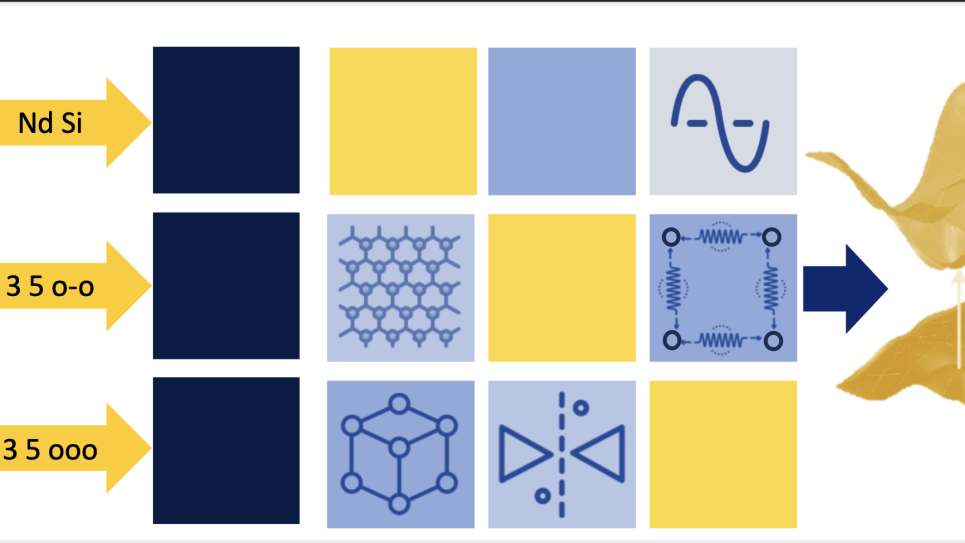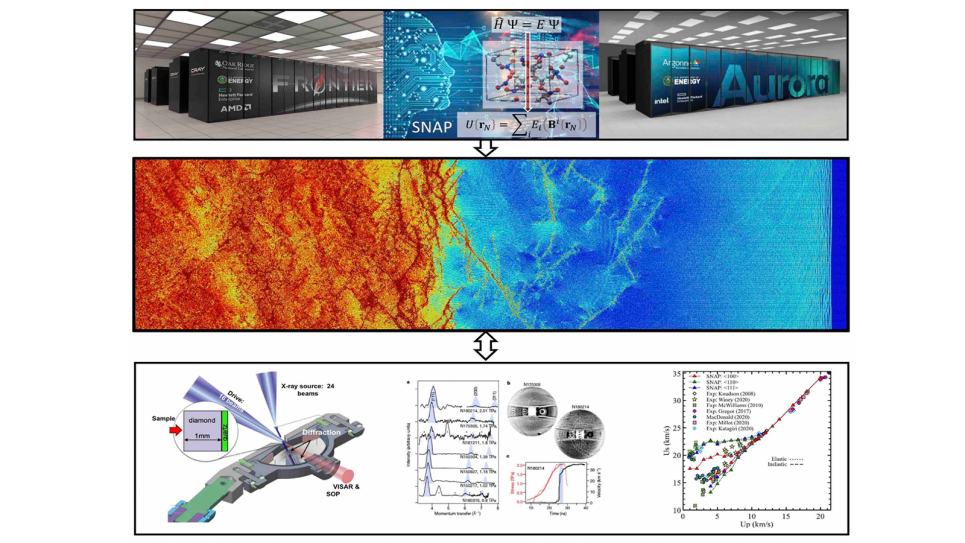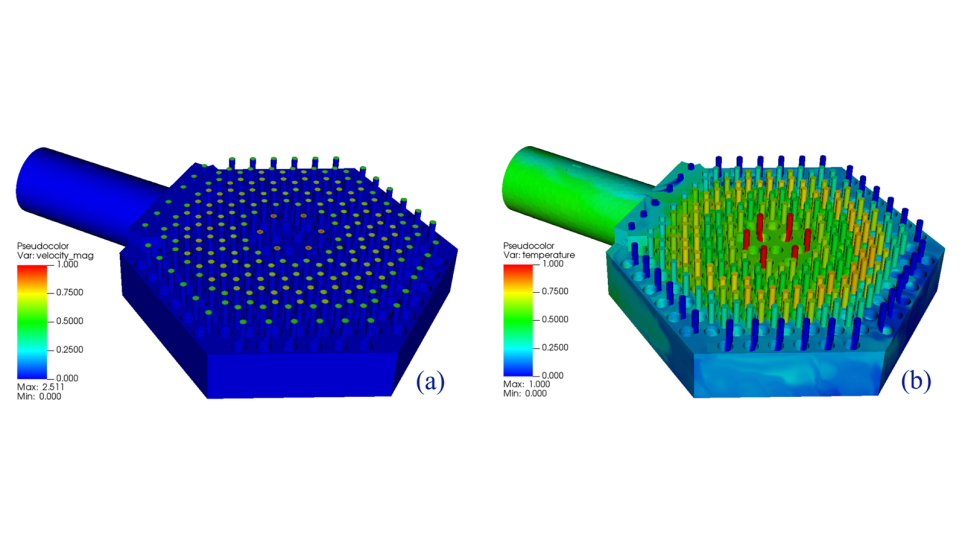The U.S. Department of Energy (DOE) has stipulated that 30% of the gasoline demand be displaced by renewable transportation fuels from non-food feedstock by 2030. The scientific community is pursuing many strategies to harness the vast available biomass resources.
A key component that crosscuts many technology options to realizing industrial scale biofuels production is the continued development of superior enzymatic catalysts to convert highly recalcitrant biomass into fermentable sugars. Understanding the molecular-level steps in cellulose synthesis and conversion will enable experimental design approaches in a rational design paradigm both to develop superior enzymes and less recalcitrant plant-based feedstocks.
This project is aimed at using large-scale, high-performance computing to gain insights into the primary routes that nature uses to degrade plant cell walls. The overall goal is to enable rational design of superior biological catalysts for conversion of biomass to sugars for renewable liquid fuels. Project researchers will focus on the prevalent biological route to cellulose conversion: enzymatic hydrolysis by cellulases. This project will also enable an enhanced, fundamental understanding of how the energy-dense plant cell wall is degraded in the biosphere and how we can adapt cellulases to industrial environments. Advances enabled by this work will aid in the development of the U.S. renewable fuels industry.


